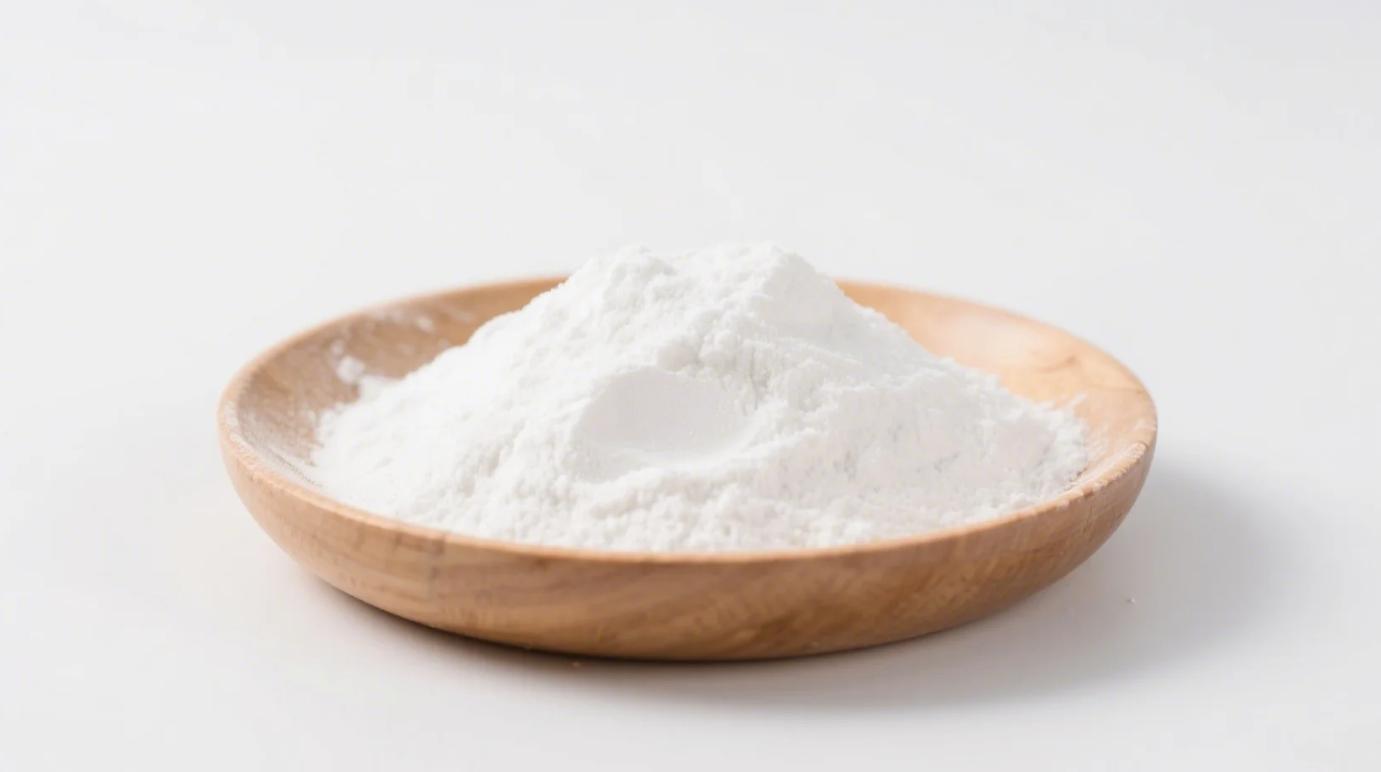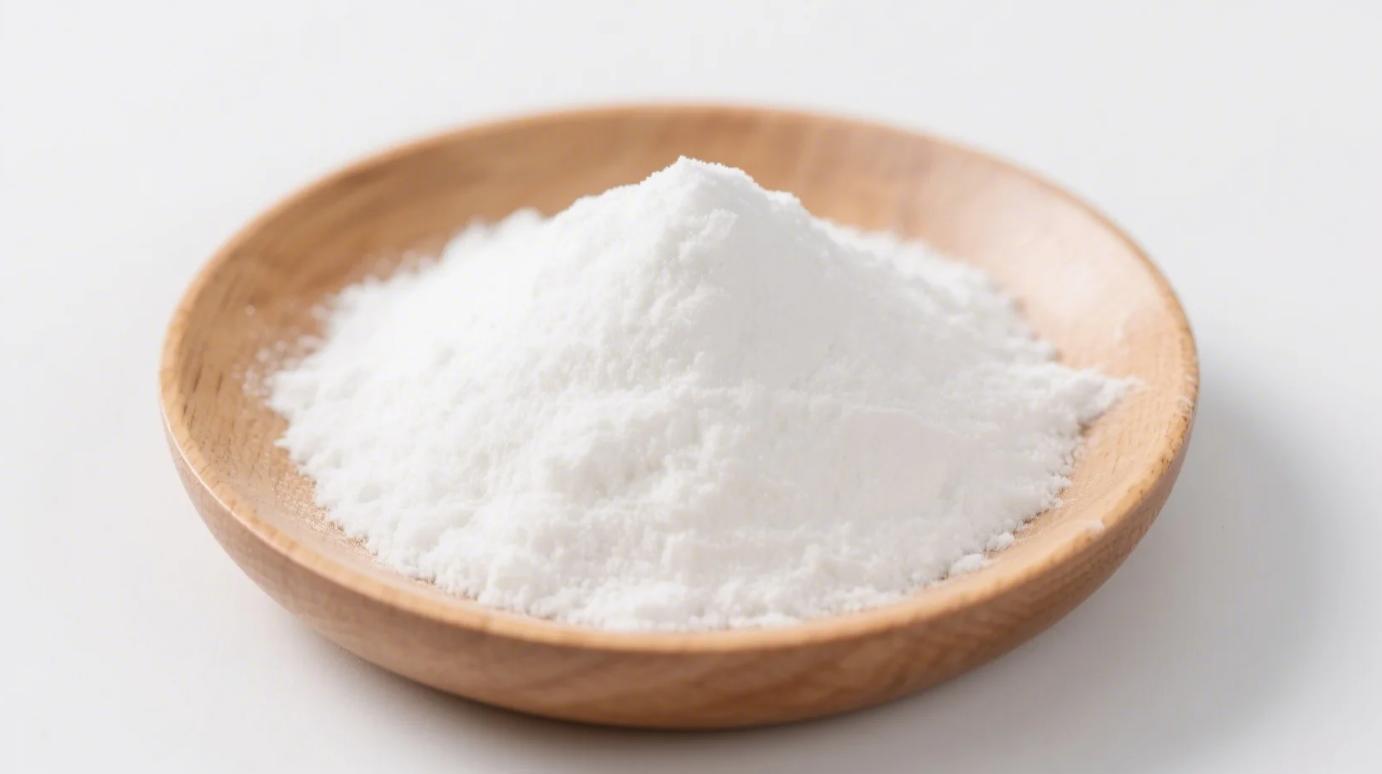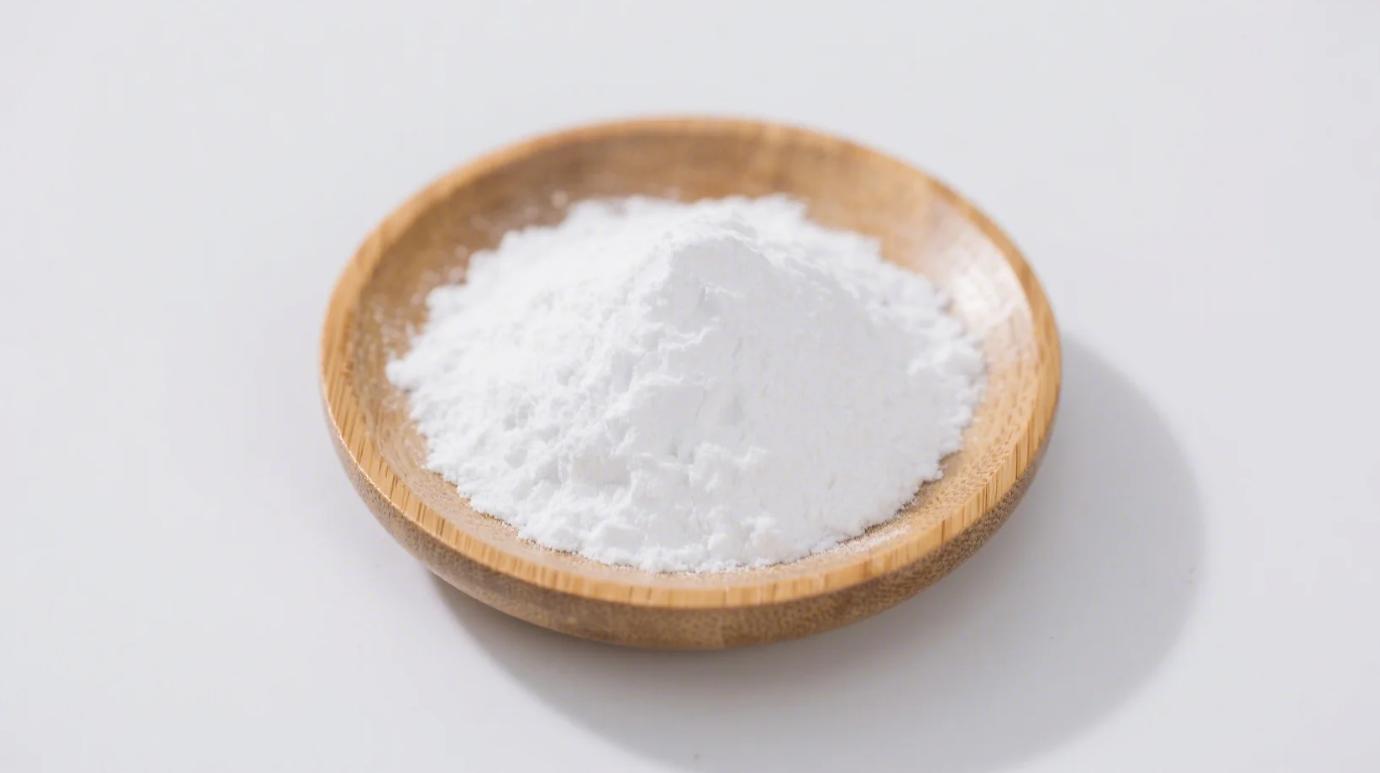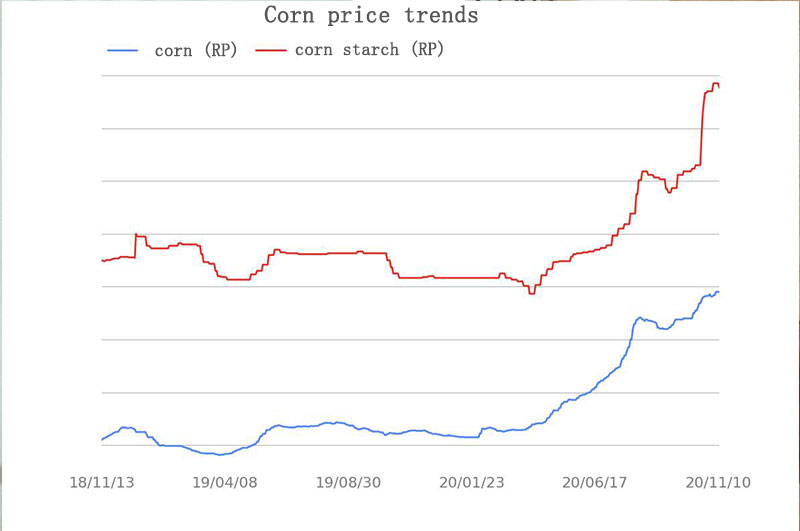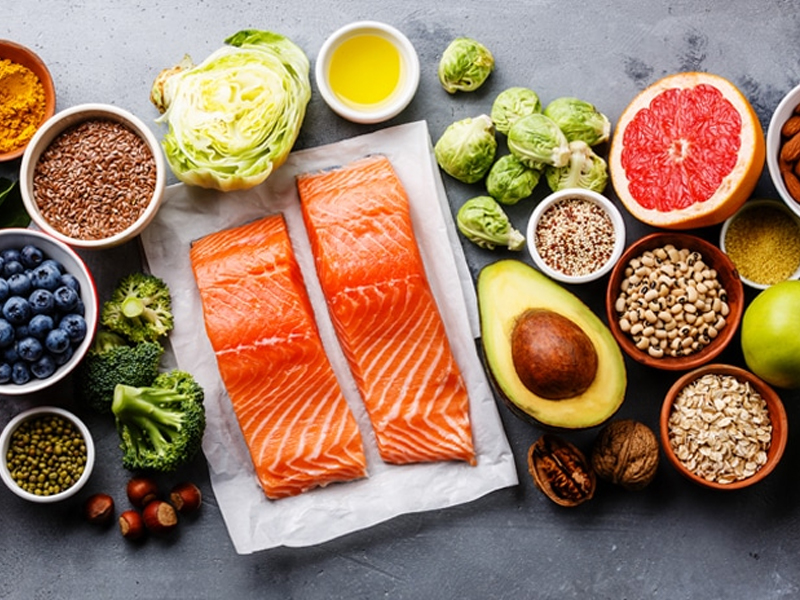Crispy fries aside, organic potato starch powder is emerging as a gut-healing powerhouse—when used strategically. Here’s how to harness its resistant starch magic without digestive backlash.
Why Potato Starch? The Gut Microbiome’s Secret Fuel
| Property | Organic Potato Starch | Regular Potato Starch |
|---|---|---|
| Resistant Starch (RS) | Type 2 RS: Survives digestion → feeds colon bacteria | Conventional = lower RS due to processing |
| SCFA Production | ↑ Butyrate 3x vs. psyllium → heals gut lining | ↓ Butyrate yield |
| Pesticide Risk | ND glyphosate (potatoes absorb chemicals) | 39x pesticide residues (EWG) |
| Prebiotic Efficiency | 1 tbsp = 8g RS → fuels Bifidobacteria & Akkermansia | Inconsistent RS content |
Science: RS ferments into short-chain fatty acids (SCFAs)—butyrate reduces colon inflammation and strengthens tight junctions.
Step-by-Step Gut-Healing Protocol
Step 1: Start Low & Cold
- Day 1-7: 1 tsp (3g) starch in cold liquid (smoothie/water) → avoids gelatinization
- Why cold? Heat turns RS into digestible starch → lose prebiotic benefits
Step 2: Pair with Synergistic Foods
- Butyrate Booster: Blend 1 tbsp starch + cooked-cooled lentils (doubles butyrate)
- Probiotic Multiplier: Mix with kefir → RS feeds Lactobacilli
Step 3: Time Your Dose
- Best: Post-dinner → SCFA production peaks overnight
- Avoid: Pre-workout → may cause bloating during exercise
Step 4: Bake Smart (Activate RS)
- Make “retrograded” crackers:
- Bake starch + water → gel
- Cool 24h → RS content ↑ 60%
- Re-bake → crispy gut-healing snack
Critical Mistakes to Avoid
| Mistake | Consequence | Fix |
|---|---|---|
| Adding to hot foods | Destroys RS → sugar spike | Cool foods first |
| Starting with >1 tbsp | Massive gas/bloating | Max 10g/day for first month |
| Using near antibiotics | Feeds pathogens | Pause during/after antibiotics |
| Storing in humidity | Absorbs moisture → loses potency | Keep frozen in sealed jars |
4 Proven Gut-Health Applications
“Resistant Porridge”
- Mix 1 tbsp starch into cooled oatmeal → 8g RS
- Benefit: Feeds Akkermansia → improves insulin sensitivitySIBO-Safe Thickener
- Replace cornstarch with potato starch in soups/sauces
- Why better? RS doesn’t feed methane-producing archaea like FOS/inulinFermentation Jumpstarter
- Add ½ tsp starch to sauerkraut brine → speeds Lactobacillus growthCreamy Dairy-Free Pudding
- Whisk 2 tbsp starch + coconut milk → chill → RS-rich dessert
Who Should Tread Carefully?
| Condition | Risk Level | Precaution |
|---|---|---|
| IBS-D | High | Start with ¼ tsp → monitor stools |
| SIBO (Hydrogen) | Moderate | Pair with oregano oil |
| Histamine Intolerance | Low | May boost DAO enzyme production |
Organic Potato Starch vs. Alternatives
| Prebiotic | RS/Serving | Gas Risk | Best For |
|---|---|---|---|
| Potato Starch | 8g (1 tbsp) | Low-Medium | Butyrate production |
| Green Banana Powder | 6g | High | Akkermansia support |
| Hi-Maize Flour | 5g | Low | Weight management |
| Psyllium Husk | 0g (soluble fiber) | Medium | Constipation relief |
Synergy Tip: Combine 1 tsp potato starch + 1 tsp acacia fiber → balances SCFA profile.
Storage & Quality Hacks
- Freeze to Preserve RS: -18°C maintains 95% potency for 18 months
- Light Test: Pure starch sparkles under light; fillers appear dull
- Certification Check: USDA Organic + Non-GMO Project Verified (avoids amylopectin-mod GMOs)
- Water Test: Mix 1 tsp in water → dissolves instantly (no clumps = quality)
The Gut-Healing Timeline
| Timeframe | Expected Benefits |
|---|---|
| Week 1-2 | Less bloating, regular bowel movements |
| Week 3-4 | Reduced food cravings (butyrate effect) |
| Month 2+ | Calmer skin, lower inflammation markers |
Pro Tip: “Potato starch is NOT a pre-workout carb—it’s your microbiome’s night shift worker. Use it when gut repair happens: during sleep.”
The Bottom Line
Organic potato starch is a cost-effective, research-backed prebiotic for gut lining repair—but only when used cold and in moderation. Start with 1 tsp in nightly smoothies, prioritize organic to avoid pesticides, and pair with probiotic foods for synergistic healing.
Sources: British Journal of Nutrition (SCFA studies), Journal of Functional Foods (Akkermansia research)
Contraindications: Avoid with active IBD flare-ups or gastroparesis.
Related Products
Organic Potato Starch Powder
White powder, excellent thickening, USDA & EU Organic, vegan, non-GMO.
Organic Fructooligosaccharides
Premium Prebiotic Fiber for Gut Health, Functional Foods & Dietary Supplements
Organic Cornstarch
Premium Gluten-Free Thickener & Stabilizer for Food, Pharma & Industrial Applications
